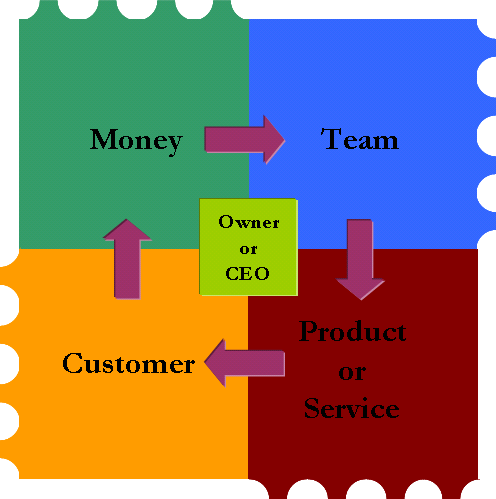Always Be Closing is a popular term in startup and business to keep a CEO/entrepreneur’s laser-sharp on two things viz. 1) relentless focus on sales and 2) fund-raising. It’s the top advice mentors give to startups.
However, there is another ABC, Always Be Caring, where it drives a CEO/entrepreneur to continuously reflect on what others may think about the product or company. Caring about the feeling of others, caring about what customers think about the product, caring whether people are getting value from the deliverables.
Here’s some of the things to care about:
- What are your customers telling you. Are you listening what they are not telling you? If you care about the customers, you may be able to listen what they are not telling you
- What is your team not telling you. Team members will seldom tell you what’s wrong, unless they feel that you care about them and their feedback
- The smooth edges of your website. Website is your store-front. Doesn’t matter whether you are consumer or enterprise business. A smooth design tells people that you care about the visitors, whereas a sloppy conveys many things otherwise.
- Design, usability of your product. Ditto.
- What’s in the refrigerator / pantry. This is also depends on where you are and how much money you have and cultural sensitivities.
- Quality of the product. Slightly different from design, usability. A usable product may be delivering zilch value or may have incomplete features. However, a product with every feature working and delivering utmost value conveys positiveness and that you care about your customer’s time and attention.
Closing is good. However, if you care then you can start and also go back for more. If you care, people will buy, instead of you selling to them.
 The chart shows four tangible entities which are the main constituents of a business. Each constituent is in it’s own quadrant.The inbound arrow depicts movement or utilization of a resource. As owner/CEO, you create the business. The Team which you hire creates the product or service. This is consumed by a Customer which brings Money to the business. The Money in turn funds the Team. If the Team is weak or inefficient it would impact the product or service. Even more, an incompetent team may consume the money unwisely thus hampering the overall cycle of the business. Though the business revolves around the presence of the Owner/Founder/CEO, the continuum of the business is maintained by the efficiency of the team.
The chart shows four tangible entities which are the main constituents of a business. Each constituent is in it’s own quadrant.The inbound arrow depicts movement or utilization of a resource. As owner/CEO, you create the business. The Team which you hire creates the product or service. This is consumed by a Customer which brings Money to the business. The Money in turn funds the Team. If the Team is weak or inefficient it would impact the product or service. Even more, an incompetent team may consume the money unwisely thus hampering the overall cycle of the business. Though the business revolves around the presence of the Owner/Founder/CEO, the continuum of the business is maintained by the efficiency of the team. out wherever/whenever possible and making an ass out of myself at other times. From participating in mindless discussions to taking split-second leadership roles; to managing wherever required and at times staying out of the loop sipping beer at the poolside … and of course flirting occasionally (Don’t worry, my better half never reads this blog).
out wherever/whenever possible and making an ass out of myself at other times. From participating in mindless discussions to taking split-second leadership roles; to managing wherever required and at times staying out of the loop sipping beer at the poolside … and of course flirting occasionally (Don’t worry, my better half never reads this blog).